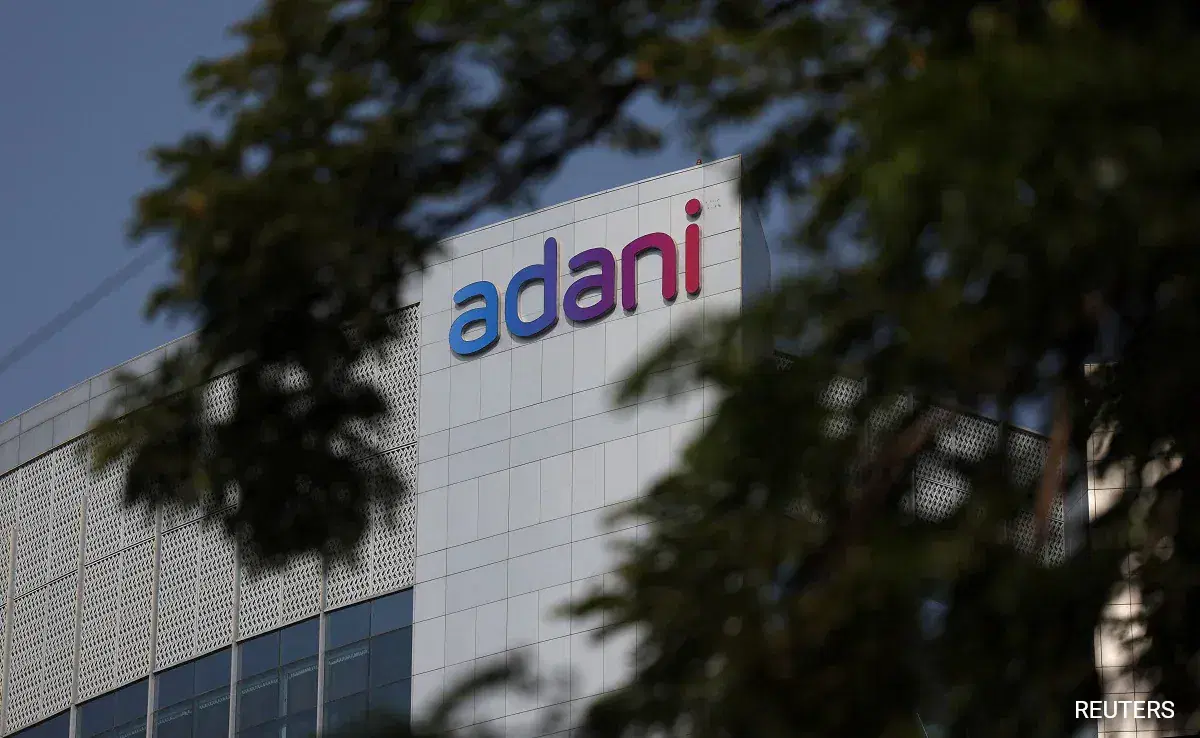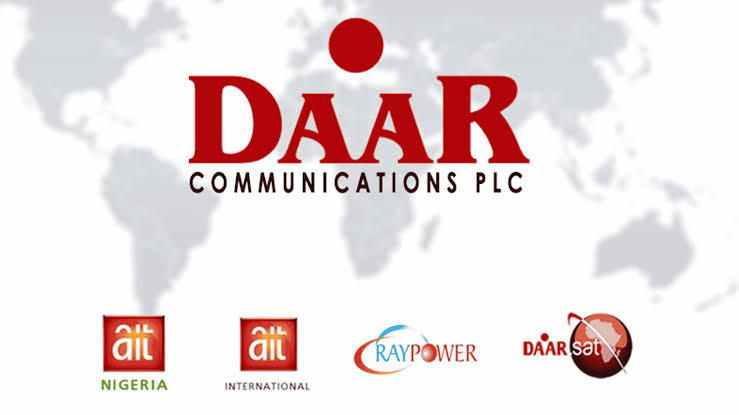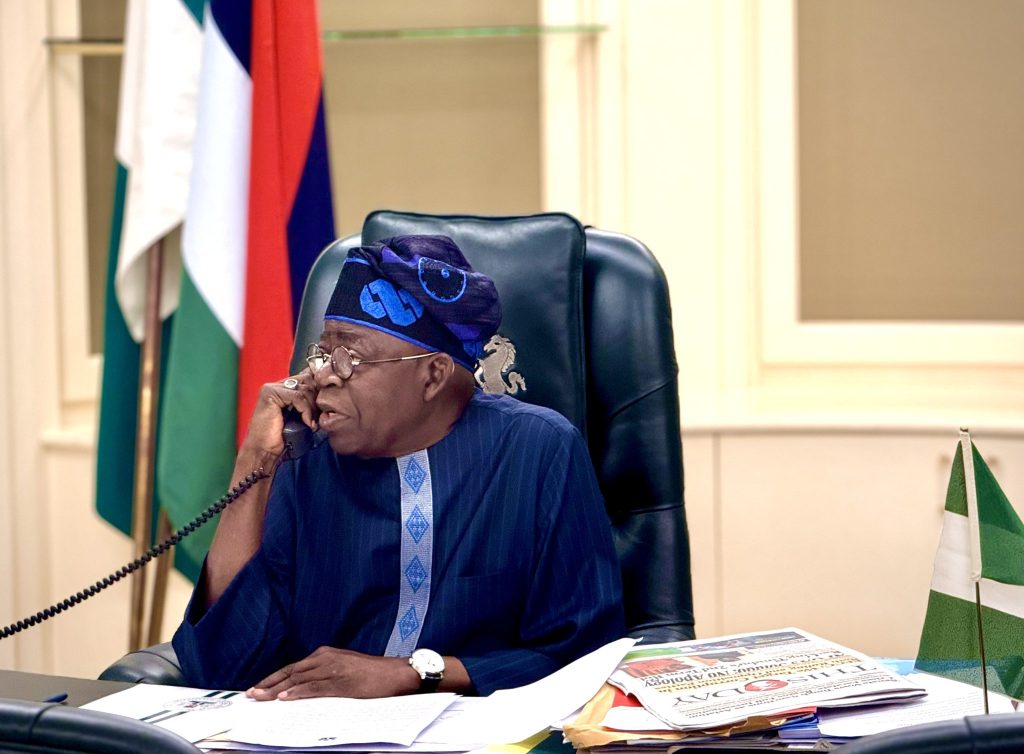WhatsApp and its parent company, Meta Platforms Incorporated, have formally contested the Federal Competition and Consumer Protection Commission order imposing a $220 million fine, seeking to have the penalty overturned by the Competition and Consumer Protection Tribunal.
The appeal outlines 22 reasons why the companies believe the FCCPC’s decision should be invalidated.
Earlier, AMBusiness reported that the FCCPC, a regulatory body under the Federal Ministry of Industry, Trade and Investment, levied the $220 million penalty against Meta Platforms. This action followed allegations of discriminatory practices and breaches of consumer data protection laws affecting Nigerian users.
On July 26, 2024, FCCPC Acting CEO Dr. Adamu Abdullahi stated that the fine resulted from a joint investigation with the Nigeria Data Protection Commission, which scrutinized Meta’s conduct, privacy policies, and practices from May 2021 to December 2023. The investigation found ongoing violations of Nigeria’s consumer protection and data laws, including unauthorized use of personal data and discriminatory practices compared to other regions.
The FCCPC’s final order mandates corrective actions from Meta to align with Nigerian laws and protect consumer rights.
In their appeal, WhatsApp and Meta argue that the FCCPC’s findings and orders were flawed and should be annulled. Key points of their appeal include:
– Vague Directives: Meta claims that the FCCPC’s directive to “reinstate the rights of Nigerian users to self-determine” is overly vague and impractical given the complexities of WhatsApp’s service operations.
– Privacy Policy Ambiguity: The companies argue that the FCCPC’s privacy policy order is ambiguous, noting that Nigerian users can reject the policy by not using WhatsApp, and that the policy was updated before the investigation began.
– Data Sharing Orders: Meta disputes the FCCPC’s order to halt data sharing with Facebook and third parties, arguing that it is contrary to legal standards and industry practices.
– Approval Requirements: The companies assert that Nigerian law does not require prior approval of privacy policies from the FCCPC or NDPC and that there is no legal basis for such a requirement.
– Unreasonable Implementation Timelines: Meta and WhatsApp argue that the 15-day compliance deadline is unrealistic and technically impossible to meet.
– Unjustified Financial Penalties: The appellants argue that the $220 million fine is excessive and that they were not given a fair opportunity to contest the penalty calculation.
– Investigation Costs: The companies contend there is no legal basis for reimbursing the FCCPC’s investigation costs.
– Data Consent Mechanisms: Meta asserts that implementing a consent mechanism for every data point is impractical and prohibitively expensive.
– Lack of Fair Hearing: WhatsApp and Meta claim they were denied a fair hearing, as the FCCPC did not consider their submissions before issuing the final order.
The fine against Meta follows similar penalties imposed on tech giants by regulatory bodies globally. Notably, the European Data Protection Agency fined Meta €1.2 billion last year for GDPR violations.
The ongoing legal battle will determine whether the FCCPC’s penalty stands or is overturned.









